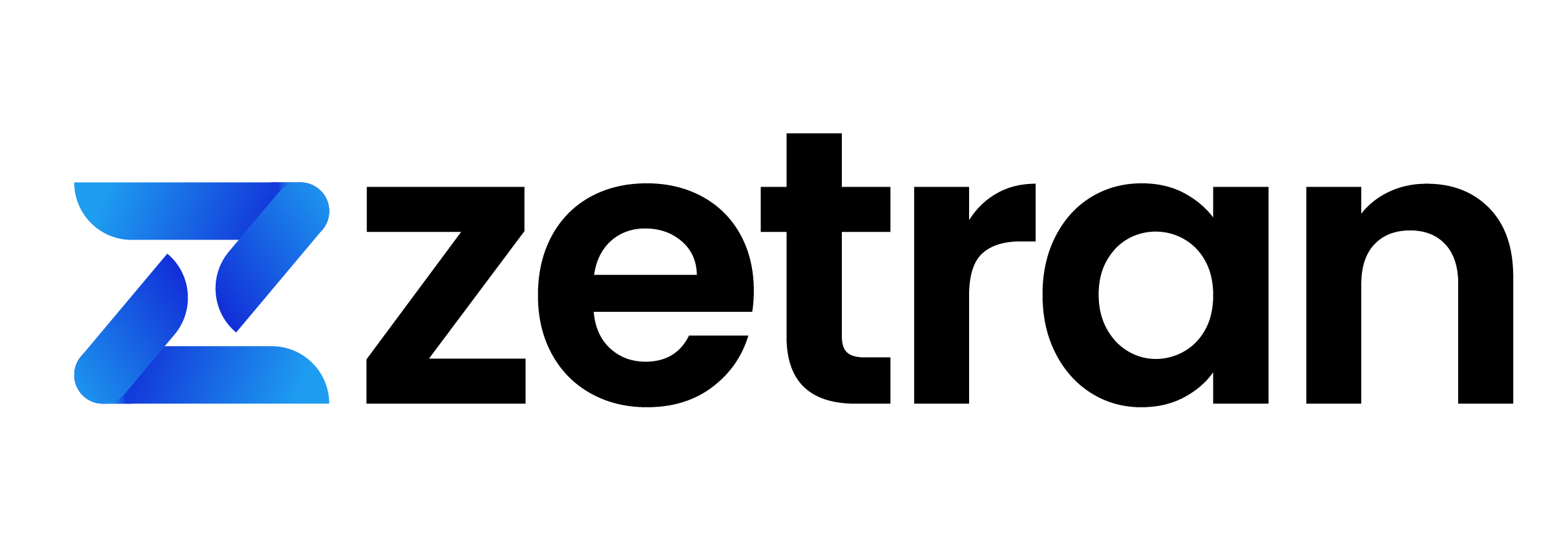The benefits of financial reporting are too hard to ignore as risks and uncertainties saturate the current business landscape. With comprehensive financial reporting, leaders can gain important insights to make educated decisions based on the organization’s financial health.
Regardless of its overwhelming advantages, Harvard Business Review reports that many digital organizations do not use financial statements in making critical decisions which simultaneously increases the risks of mistakes.
A significant reason for this is their inability to identify the most desirable approach to financial reporting. Often, some leaders have difficulties in doing their daily financial reports because they do not have a business administration career and degree or perhaps have experienced difficulties in getting partners and stakeholders to buy into the idea of tracking financial processes.
In this article, we outline several approaches to ensure successful and in-depth financial reporting.
Organize Financial Data
Working from a single source of data is critical in eliminating errors and inconsistencies in financial reports. As organizations expand and grow, it is not uncommon for financial reporting teams to encounter a higher volume of spreadsheet searches, data reconciliations, reviews, report consolidation, and approvals. One way to ensure higher accuracy is to organize financial information into datasets that can be managed through filters, tagging, and other metadata controls.
This way, you can establish report guidelines and standard formats that you can implement throughout your organization. It also allows you to leverage permissions to limit the number of individuals who can view and annotate specific spreadsheet cells and documents to preserve data integrity. Moreover, you can also create links between source information and all related destinations so that when a number changes, that alteration can propagate across all data components.
Leverage Historical Data
Having the ability to predict future scenarios is vital in simplifying company financials and accelerating growth, especially from a planning and budgeting perspective. One way for businesses to maximize the advantages and use of financial reporting is to leverage historical data. By analyzing historical financial data, organizational leaders can determine patterns, trends, and trajectories that allow them to predict sales and allocate resources.
This way, organizations can gain a deeper understanding of their financial health and make decisions that set them up for growth. It can also help you optimize product and performance ad issues before they occur. Thereby, reducing costs and risks while simultaneously meeting expectations and gaining an edge among competitors.
Monitor Every Department’s Numbers
The purpose of financial reporting is to improve decision-making and stay compliant with evolving industry standards and regulations. With that, leaders must track every department’s annual metrics to manage cash flow and risks easily. Doing so also allows businesses to course-correct quickly and remain on top of their operations.
An excellent way to ensure comprehensive monitoring is to systematize the reporting process to unlock key insights that drive decision-making. The primary objective here is to have your reports provide you with an in-depth overview of the organization’s past, present, and future financial health. This eliminates guesswork and allows you to see what is really going on with your business, resulting in more sound judgment and accurate financial projections.
Use a Financial Accounting Software Solution
Balance sheets, income statements, and cash flow statements are the foundations of a financial report. Therefore, business owners need to have a clear understanding of financial statement accounting to understand these statements. One of the tools that can help organizations navigate the complexities of bookkeeping is a financial accounting software platform.
Innovative features of financial software allow for organizational leaders to generate essential data such as trial balance, balance sheets, cash flow, and income statements quickly. This way, you can normalize data and create comprehensive financial reports without errors and inconsistencies. You may also want to integrate the system with your business leads to ensure a smooth flow of information and maximize its overall value.
Conduct Regular Meetings
Financial accounting solutions are brimming with dynamic features that ease processes, but there is only so much a software platform can do to achieve successful reporting. As the world transitions to remote work, it is becoming even more important for organizations to conduct regular meetings to ensure that everyone is on the same page. With regular meetings, you can eliminate wasted time and avoid processes that involve shared drives and other workflow issues.
It also creates a shared and secure financial reporting environment where employees can work concurrently and collaborate in listing all month-end tasks and sign-offs. This makes it easier for leaders to deliver feedback and set expectations for everyone to simplify the financial reporting process. By creating a culture of accountability, you can promote open and proactive communication to keep team members informed of the status of key performance indicators that directly impact the organization’s financial health.
Achieving a Successful Approach to Financial Reporting
Financial reporting has many moving parts which make it even more challenging to deliver accurate information. One of the financial reporting system examples business leaders can take advantage of to create comprehensive reports that deliver new growth avenues and optimize resources is myBooks.
myBooks is online accounting software that is packed with robust features such as business checklist, inventory management, upload file status, and bank feeds reconciliation that works conjointly to manage business accounts easily.





